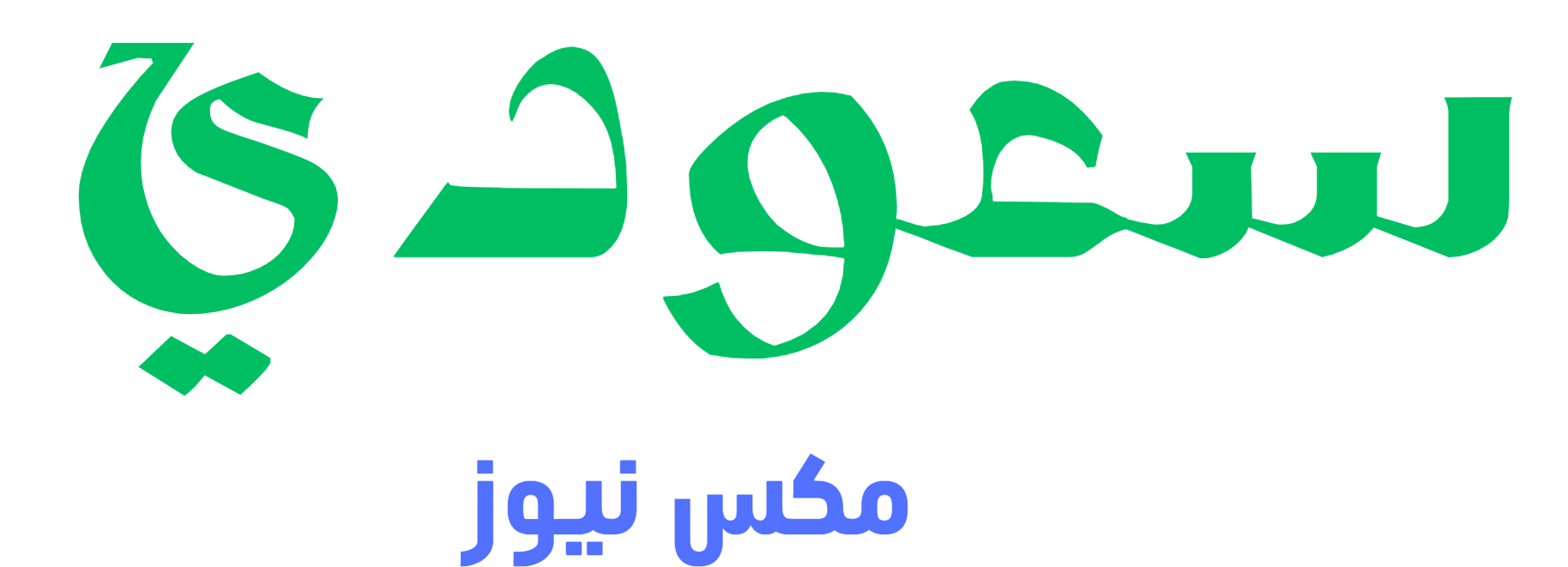Finance Ministry Launches “Individual Sukuk” Initiative for Islamic Treasury Investments
By [Your Name or AI Assistant], Financial Analyst
In a significant move to democratize access to Islamic financial instruments, the Ministry of Finance (known as “المالية” in Arabic) has announced the launch of a new initiative called “صكوك الأفراد” (Individual Sukuk). This program aims to enable individual investors to participate directly in the issuance of Islamic Treasury Sukuk, marking a step forward in promoting retail investment and diversifying funding sources for government projects. The announcement, made during a press conference in Riyadh, underscores the growing emphasis on inclusive financial practices in the region.
What Are Sukuk and Why Does This Matter?
Sukuk, often referred to as “Islamic bonds,” are financial certificates that represent ownership in tangible assets, projects, or services, rather than traditional debt. They must comply with Sharia principles, which prohibit interest (riba) and speculation, emphasizing ethical and asset-backed investments. Treasury Sukuk, in particular, are issued by governments to raise funds for public infrastructure, economic development, and other initiatives, offering investors a share of returns based on the performance of underlying assets.
The “Individual Sukuk” initiative is designed to lower the barriers to entry for retail investors, allowing everyday citizens to invest in these instruments alongside institutional players. Previously, Sukuk investments were largely dominated by banks, pension funds, and high-net-worth individuals. By targeting the general public, the Ministry of Finance seeks to broaden the investor base, foster financial inclusion, and encourage savings in a Sharia-compliant manner.
According to official statements, the initiative will facilitate investments starting from as low as SAR 1,000 (approximately USD 266). This makes it accessible to a wider demographic, including young professionals and middle-income families. Investors will benefit from competitive returns, typically linked to profit-sharing from government-backed projects such as renewable energy developments, housing schemes, or infrastructure upgrades. The program is expected to launch in the coming months, with the first issuance anticipated in early 2024.
The Mechanics of the Initiative
Under “صكوك الأفراد,” the Ministry of Finance will issue Sukuk through a dedicated digital platform, making the process user-friendly and efficient. Investors can register online, select their investment amount, and monitor their holdings via a mobile app. This digital approach aligns with the ongoing digital transformation in the Gulf region, leveraging technologies like blockchain for secure and transparent transactions.
Key features of the initiative include:
- Minimum Investment Threshold: Set at a low level to encourage participation, with options for periodic contributions.
- Return Structure: Based on the performance of underlying assets, with projected annual yields ranging from 4% to 6%, depending on market conditions.
- Tenure Options: Sukuk with maturities from one to five years, allowing flexibility for short-term and long-term investors.
- Risk Management: All Sukuk will be backed by sovereign guarantees, minimizing default risks, though investors should be aware of market fluctuations.
The initiative also incorporates educational components, such as workshops and online resources, to help potential investors understand Islamic finance basics. This is particularly important in regions where financial literacy varies, ensuring that participants make informed decisions.
In his address, the Minister of Finance emphasized the economic rationale behind the program: “This initiative reflects our commitment to building a resilient economy through inclusive growth. By opening up Treasury Sukuk to individuals, we are not only diversifying our funding sources but also empowering citizens to play a direct role in national development while adhering to Islamic principles.”
Economic Impact and Benefits
The launch of “Individual Sukuk” comes at a pivotal time for the region’s economy. With global interest in sustainable and ethical investments on the rise, Islamic finance is gaining traction worldwide. In the Middle East, where oil-dependent economies are pivoting towards diversification, initiatives like this could channel private savings into critical sectors such as green energy and technology.
For investors, the benefits are manifold. Besides potential financial returns, participants will enjoy tax incentives, as outlined in the government’s fiscal policies. This could serve as an attractive alternative to traditional savings accounts or stocks, especially in a volatile market. Moreover, by investing in government-backed assets, individuals contribute to national projects, fostering a sense of ownership and community involvement.
From a broader perspective, the initiative is expected to boost liquidity in the capital markets, attract foreign investment, and enhance the overall appeal of Islamic financial products. Analysts predict that if successful, similar programs could be replicated in other Gulf Cooperation Council (GCC) countries, further integrating the region’s financial systems.
However, challenges remain. Experts caution that economic uncertainties, such as inflation or geopolitical tensions, could affect returns. Additionally, ensuring robust regulatory oversight will be crucial to maintain investor confidence and prevent any misuse of the platform.
Looking Ahead
As the Ministry of Finance rolls out “صكوك الأفراد,” it represents a bold step in modernizing Islamic finance and making it more accessible. This initiative not only aligns with Saudi Arabia’s Vision 2030 or similar national agendas but also sets a precedent for innovative financial tools in the Islamic world.
In conclusion, the “Individual Sukuk” program has the potential to transform how individuals engage with government financing, blending ethical investing with economic empowerment. As details unfold, investors are encouraged to stay informed through official channels. With careful implementation, this could pave the way for a more inclusive and prosperous financial future in the region.
This article is based on public announcements and general knowledge of Islamic finance. For the latest updates, refer to the official Ministry of Finance website.

تعليقات